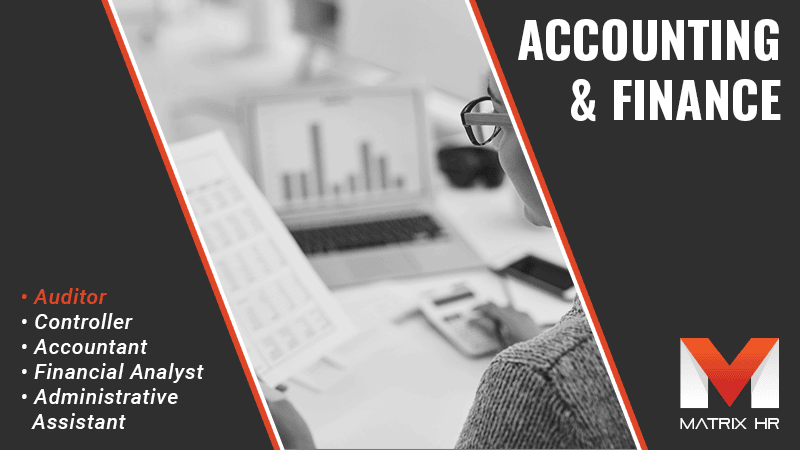
An auditor is a professional who is responsible for evaluating, analyzing, and verifying a company's financial statements, ensuring compliance with applicable laws, regulations, and company policies. They examine financial and accounting records, assess the financial health of a company, and provide recommendations to improve operations and financial performance.
The role of an auditor is critical in ensuring that a business is operating efficiently, effectively, and ethically. They analyze and review financial information such as tax returns, balance sheets, income statements, and other financial documents. Auditors may also conduct interviews with management and employees to gain a better understanding of the company's operations and objectives.
Auditors also play a key role in ensuring that financial statements are accurate, complete, and reliable. They examine financial statements and other records to identify any errors, inconsistencies, or irregularities. They may also conduct internal audits to assess the company's internal control systems and identify any areas of risk or weakness.
To become an auditor, a candidate typically needs a bachelor's or master's degree in accounting, finance, or a related field. They should also have knowledge of accounting and auditing principles, regulations, and procedures. Professional certifications such as Certified Public Accountant (CPA) or Certified Internal Auditor (CIA) are highly desirable for auditors.
Auditors typically work in various industries, including accounting firms, government agencies, corporations, financial institutions, and non-profit organizations. They may work independently, as part of an audit team, or as a consultant.
The duties of an auditor can vary depending on the employer and the industry they work in. However, some of the common responsibilities of an auditor include:
- Reviewing financial records and documents
- Ensuring compliance with laws and regulations
- Assessing the accuracy and completeness of financial statements
- Identifying and assessing areas of risk
- Making recommendations for improving financial and operational performance
- Communicating findings and recommendations to management and stakeholders
- Preparing audit reports and other documents
In conclusion, the role of an auditor is critical in ensuring the accuracy and reliability of financial information in a business. They play a key role in identifying areas of risk, ensuring compliance with laws and regulations, and recommending improvements to financial and operational performance. With the increasing focus on transparency and accountability in business, the demand for qualified auditors is expected to continue to grow in the coming years.

Matrix HR is a trusted provider of staffing services for businesses across Canada, the US, and around the world. We specialize in recruitment and staffing, payroll administration and funding, and back-office facilitation with strategies like Employment of Record (EOR). To build a skilled and resilient workforce and streamline operations with effective HR solutions, connect with our team today.